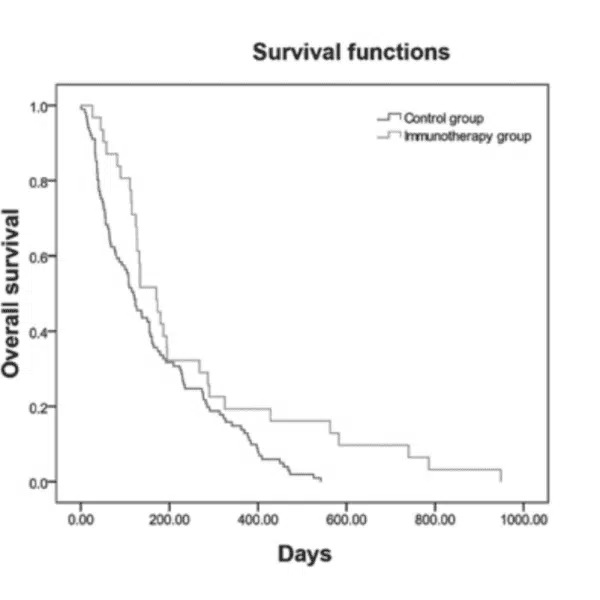Liver cancer, also known as hepatocellular carcinoma (HCC), is a serious condition that affects the liver, a vital organ responsible for crucial functions in our body. Understanding the complexities of liver cancer is essential for early detection, effective treatment, and improved outcomes.






Liver cancer, also known as hepatocellular carcinoma (HCC), is a type of cancer that starts in the cells of the liver. It is the sixth most common cancer worldwide and the fourth leading cause of cancer-related deaths. In this section, we will explore liver cancer, including its causes, risk factors, diagnosis, stages, treatments, and the potential use of Dendritic Cell Therapy in its treatment.
The exact cause of liver cancer is unknown, but several risk factors have been identified. These include:
Liver cancer is more common in men than women, and it is most frequently diagnosed in people over the age of 50. The incidence of liver cancer varies by region, with the highest rates occurring in parts of Asia and sub-Saharan Africa, where chronic hepatitis B infection is common. According to the World Health Organization (WHO), liver cancer is responsible for over 700,000 deaths each year worldwide.
Liver cancer may not cause symptoms in its early stages, but as the tumour grows, it can cause a variety of symptoms, including:
If liver cancer is suspected, doctors may use a variety of tests to confirm the diagnosis, including blood tests, imaging tests (such as ultrasound, CT scan, or MRI), and biopsy.
Liver cancer is typically staged using the TNM system, which takes into account the size of the tumour, whether it has spread to nearby lymph nodes, and whether it has spread to other parts of the body. The stages of liver cancer are as follows:
Stage 0: The cancer is limited to a small area of the liver and has not spread to nearby lymph nodes or other parts of the body.
Stage I: The cancer is still limited to a small area of the liver, but may have spread to nearby blood vessels.
Stage II: The cancer has grown into nearby blood vessels or other nearby organs.
Stage III: The cancer has spread to nearby lymph nodes or other nearby organs.
Stage IV: The cancer has spread to distant parts of the body, such as the lungs or bones.
The treatment of liver cancer depends on the stage of the cancer, the patient’s overall health, and other factors. Common treatments for liver cancer include:
If liver cancer is suspected, doctors may use a variety of tests to confirm the diagnosis, including blood tests, imaging tests (such as ultrasound, CT scan, or MRI), and biopsy.
The chances of recovery from liver cancer depend on several factors, including the stage of the cancer at the time of diagnosis, the patient’s overall health, and the effectiveness of the treatment. The five-year survival rate for liver cancer is around 18%, but this varies widely based on the stage of the cancer.
Immucura has treated several liver cancer patients with Dendritic Cell Therapy, one of them is Stephen and as he said in his testimony DCT has helped him to treat his cancer: “DCT is non-intrusive, super easy with no side effects or unpleasantness. It was excellent.
They injected the vaccine into my skin, I walked out, and it just started getting better.” You can check his whole testimony here: Stephen’s testimonial
© 2025 Immucura. All Rights Reserved
Loading: Please wait…
Loading form: Please wait…
Loading: Please wait…
Loading form… Please wait…
Loading form: please wait…